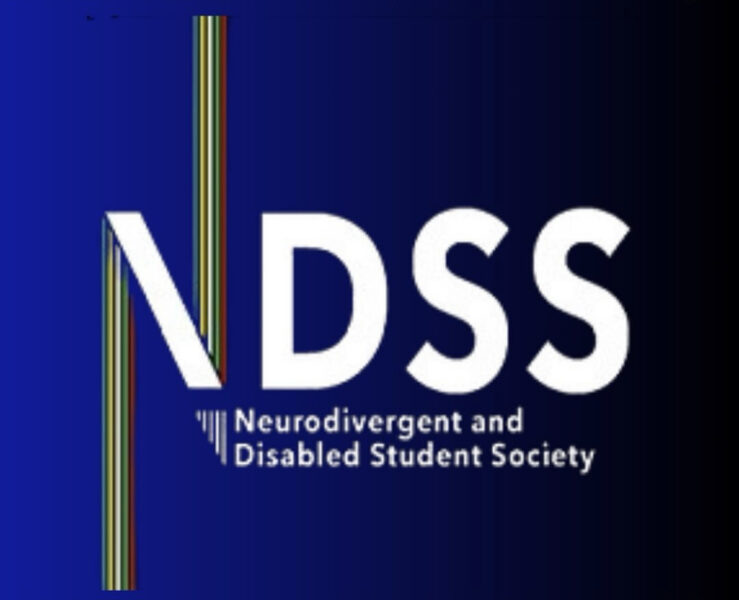
The Neurodivergent and Disabled Students’ Society (NDSS) has voiced concern over inaccessibility issues with the new Devonshire House Refurbishment. These issues are creating difficulties for neurodivergent and disabled to study or stay within spaces in Devonshire House. In a letter sent to the Guild regarding the inaccessibility issues with the refurbishment, NDSS sites an overstimulating environment from noise and lighting, difficulties in lift accessibility, and sensory overload from constantly moving screens among some of the issues they urge the Guild to address. After over a month and a comment request put out by Exeposé, the Guild has responded to NDSS stating that they are reviewing the situation.
Despite pleas for the Guild to collaborate with disabled students and staff to help identify accessibility issues, NDSS maintains that “this evidently did not happen” which they believe to be unfortunate. They urge the Guild to solicit the input of more disabled students and staff prior to making further changes to the Devonshire House environment.
Part of the letter written by the Society reads “We are especially dismayed that the voices of neurodivergent and disabled students have been side-lined both during and after the redesign of Devonshire House”. Despite pleas for the Guild to collaborate with disabled students and staff to help identify accessibility issues, NDSS maintains that “this evidently did not happen” which they believe to be unfortunate. They urge the Guild to solicit the input of more disabled students and staff prior to making further changes to the Devonshire House environment.
Harry Whitby, the Publicity Officer for the NDSS, emphasizes that the most important thing the Guild can do going forward is to listen to disabled and neurodivergent students when considering large-scale changes such as the refurbishment of the Guild. They write “While we understand that the Guild does ostensibly have disability advisors, we were concerned to discover that a disabled student who worked with the Guild during the redesign did submit contributions that may have prevented the issues now present, however, these were ignored.”
The Guild has since issued a comment to Exeposé: “We have plans to meet with NDSS to discuss their letter and are now in a position to offer potential options to the issues they raised. We appreciate NDSS taking the time to share their experiences of using the space so that we can ensure that Devonshire House is a usable and enjoyable space for all students.”
Whitby describes NDSS’ response to the Devonshire House refurbishment to be the most time-consuming effort for NDSS of this term. It has involved lengthy consultation periods with their members as well as reaching out to contacts within the Guild both in person and through email.
Devonshire House refurbishment aside, the Society is urging for the Guild to establish broader efforts for accessibility as well. These include promoting accessibility across all societies and making the new Guild branding more accessible for colour-blind students.
When it comes to the University, NDSS expresses that while the University has put in place some much-appreciated accessibility features across campus and in its academic services, these features are unevenly applied across the student experience in Exeter.
“Some lecture theatres and classrooms have excellent wheelchair support while others have virtually none, maps and floor plans are often difficult to locate, and emergency cables in disabled bathrooms are often tied up or tucked away,” says Whitby. He also suggests that sensory-friendly environments are also difficult to come by, with the Forum library being an example.
In the future, the NDSS hopes for the Guild to establish the changes requested within the letter. They will continue to urge for more accessibility measures throughout campus on behalf of all neurodivergent and disabled students.


